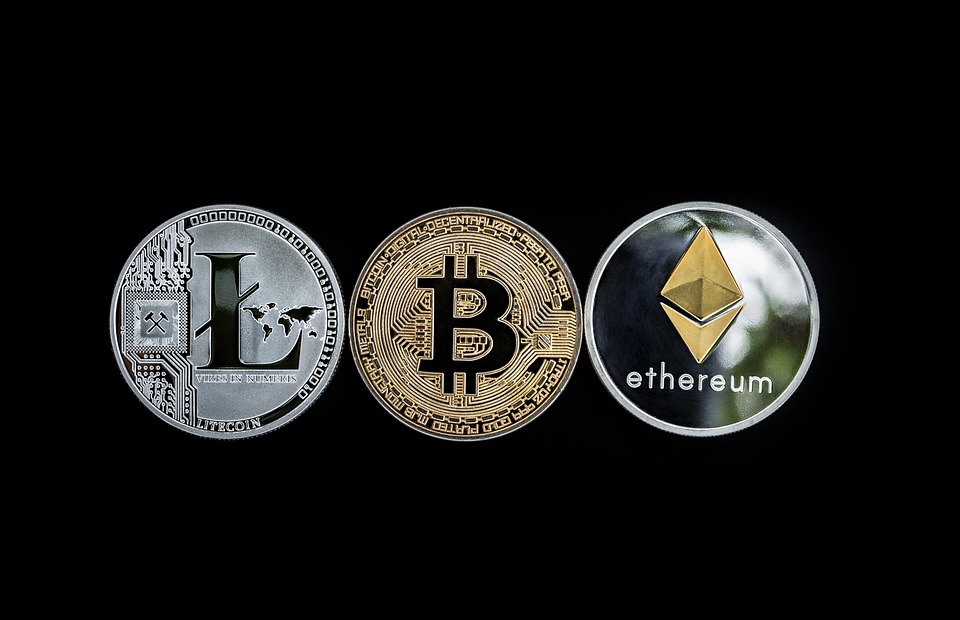How Blockchain Technology is Enhancing Player Experiences in Crypto Arenas
The gaming industry has witnessed a revolutionary transformation in recent years, with blockchain technology emerging as a powerful tool to enhance player experiences in crypto arenas. By integrating decentralized networks, smart contracts, and cryptocurrency, blockchain is redefining how players engage with games, own assets, and interact within virtual environments. This article explores the multifaceted ways in which blockchain technology is reshaping the gaming landscape.
True Ownership of In-Game Assets
One of the most significant advantages of blockchain technology in gaming is the concept of true ownership of in-game assets. Traditionally, players would invest time and money into acquiring items, characters, or skins, only to find that these assets were tethered to the game’s centralized servers. With blockchain, players can own their assets as non-fungible tokens (NFTs), which are securely recorded on a decentralized ledger.
This means that players can trade, sell, or even transfer their in-game assets across different platforms without the risk of losing them. The sense of ownership fosters a more immersive gaming experience, empowering players to invest in their virtual worlds confidently.
Transparent and Secure Transactions
Blockchain technology provides a transparent and secure environment for transactions within crypto arenas. Every transaction is recorded on a public ledger, ensuring that players can verify ownership and the history of their assets. This transparency reduces the risk of fraud, cheating, and scams that have plagued the traditional gaming industry.
Moreover, the security provided by blockchain minimizes the chances of hacking and unauthorized access to player accounts. Players can engage in transactions with peace of mind, knowing that their assets are safeguarded by advanced cryptographic techniques.
Decentralized Gaming Economies
Blockchain technology enables the creation of decentralized gaming economies where players can engage in peer-to-peer transactions. This shift allows players to earn cryptocurrency through gameplay, creating new avenues for income generation. Players can earn tokens by completing quests, winning battles, or contributing to the game’s ecosystem.
These decentralized economies also empower players to participate in governance. Many blockchain-based games utilize decentralized autonomous organizations (DAOs) that allow players to vote on game development decisions, economic structures, and future updates. This participatory approach cultivates a sense of community and shared ownership among players.
Enhanced Gameplay Experiences
Blockchain technology is not just about ownership and transactions; it also enhances gameplay experiences through innovative features. For instance, smart contracts can be utilized to automate in-game mechanics, reward systems, and event triggers. This can lead to more dynamic and engaging gameplay, as players can experience unique events and challenges based on their actions.
Additionally, the integration of blockchain can facilitate interoperability between different games and platforms. Players could potentially use their assets across various games, enriching their overall gaming experience and creating a more interconnected gaming universe.
Challenges and Future Prospects
Despite the numerous benefits, the integration of blockchain technology in gaming is not without challenges. Scalability, transaction speed, and environmental concerns related to energy consumption are significant hurdles that developers must address. However, ongoing advancements in blockchain technology, such as layer-2 solutions and eco-friendly consensus mechanisms, are paving the way for more sustainable implementations.
As the gaming industry continues to evolve, the adoption of blockchain technology is likely to grow. Developers are increasingly recognizing the potential of blockchain to enhance player experiences, create innovative gameplay mechanics, and foster vibrant online communities.
Conclusion
Blockchain technology is fundamentally transforming the gaming landscape, enhancing player experiences in crypto arenas through true ownership, secure transactions, decentralized economies, and enriched gameplay. As developers and players alike embrace this technological revolution, the future of gaming promises to be more immersive, interactive, and rewarding than ever before. The fusion of gaming and blockchain is not just a trend; it is a harbinger of a new era in which players are at the forefront of their gaming experiences.



